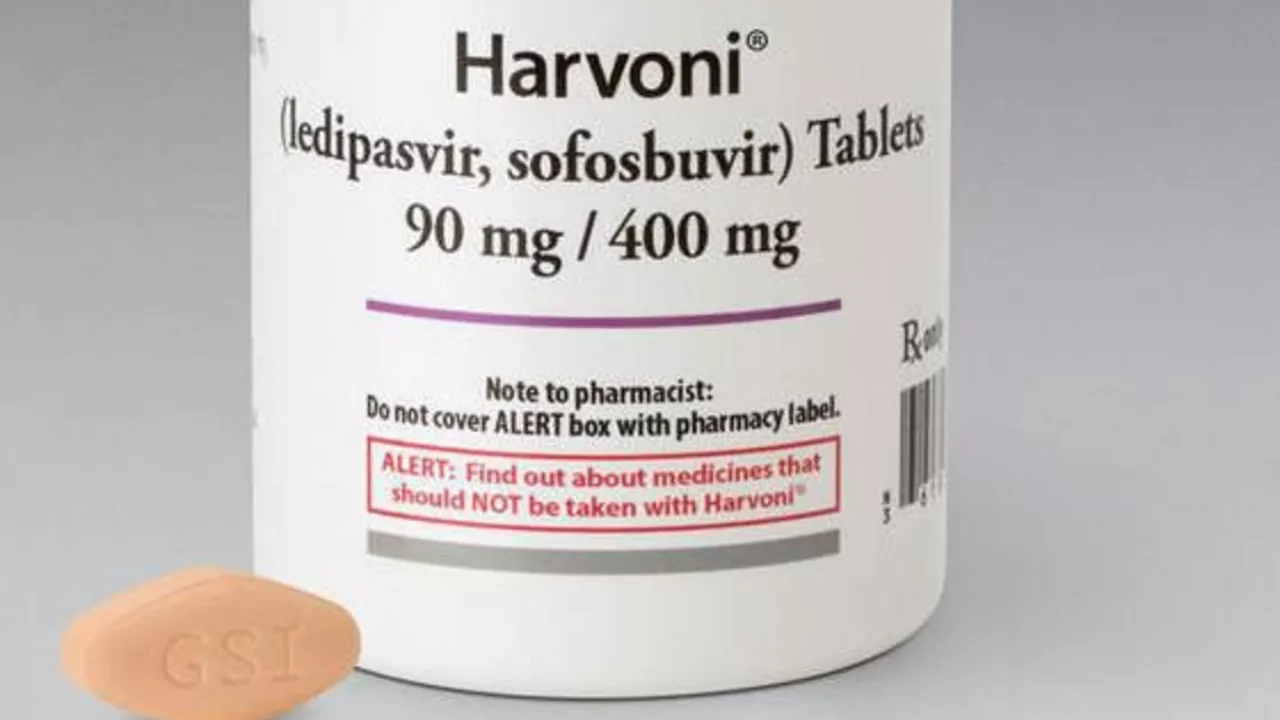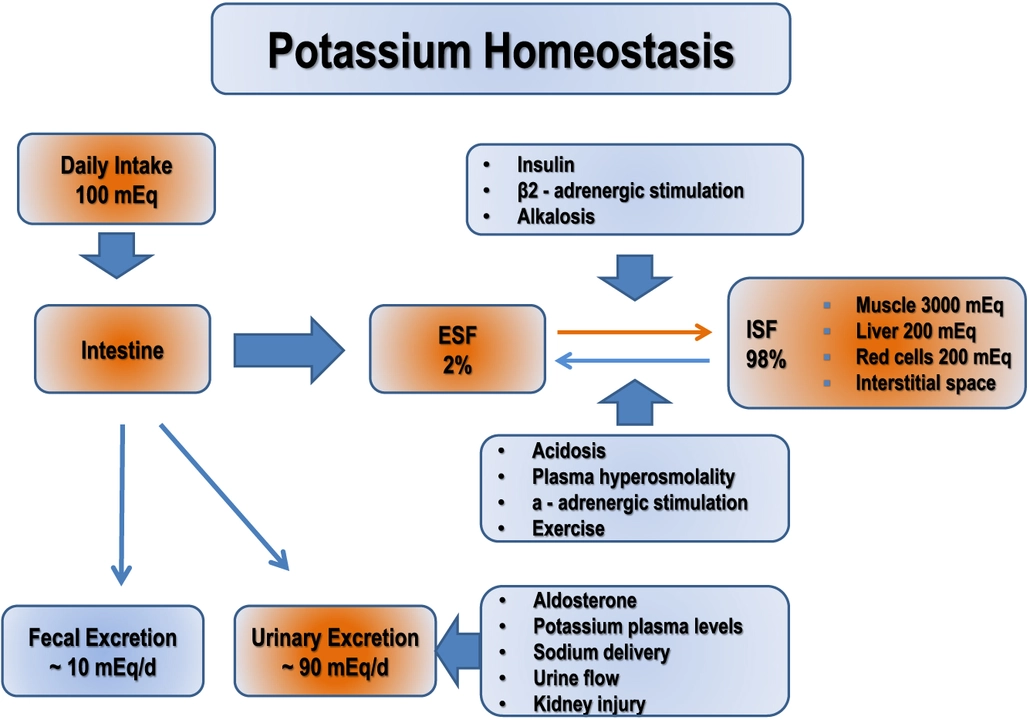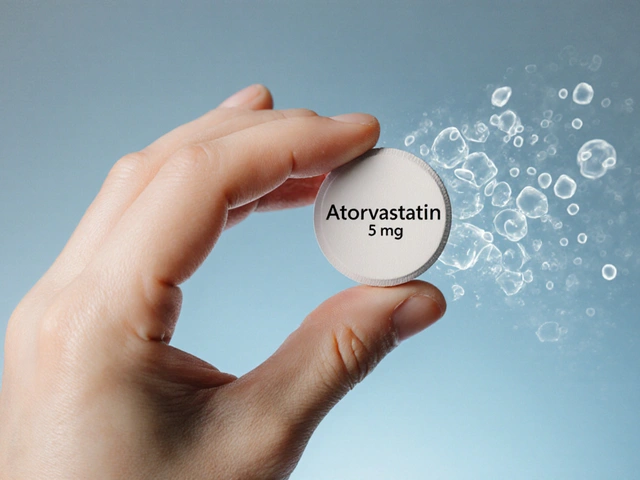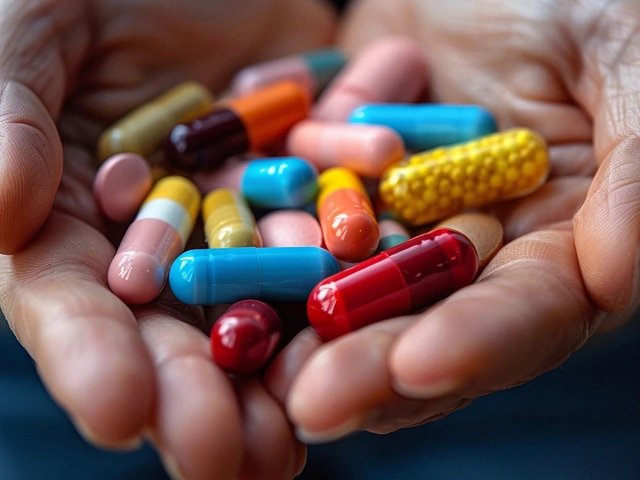Effectiveness: What Really Works and how to tell
Want to know if a medicine or supplement will actually help you? Start by asking three simple questions: what outcome was measured, how strong is the evidence, and does it apply to you. That cuts through ads and hype fast.
How scientists measure effectiveness
The best evidence usually comes from randomized controlled trials (RCTs). In RCTs, people are randomly assigned to the treatment or a placebo — that limits bias. Look for trials that are double-blind (neither patients nor doctors know who gets what) and that report clear outcomes like symptom improvement, lab changes, hospitalizations, or survival.
Don’t be fooled by small studies or odd endpoints. A large trial that measures meaningful outcomes is far more useful than a tiny study showing a minor lab change. Systematic reviews and Cochrane-style meta-analyses that pool many trials give a clearer picture when individual studies disagree.
Real-world results and safety
Real-world evidence matters. After a drug is used by thousands of people, new benefits or harms may appear that trials didn’t catch. Check observational studies, patient registries, and post-marketing reports. In Mexico, look for COFEPRIS approvals and safety notices; globally, FDA and EMA communications help too.
Effectiveness isn’t just about benefit — it’s benefit balanced against harm. Track common side effects, rare but serious risks, and interactions with other drugs you take. If a treatment reduces risk by a relative 50% but absolute risk goes from 2% to 1%, ask if that change matters for you given side effects and cost.
Practical checklist when you evaluate a treatment:
- What outcome did the study measure? (symptoms, hospitalization, death?)
- How many people were studied and for how long?
- Were results clinically meaningful or only lab-based?
- What side effects occurred and how common were they?
- Does the study population match your age, health, and other meds?
Compare options, not just one drug. Many conditions have several effective choices; picking the right one depends on side effects, convenience, price, and personal risk. For example, two blood pressure drugs may lower numbers similarly but differ in side effects and cost.
Talk with your doctor using specific questions: “What outcome will this medicine improve?” “How soon will I notice a change?” “What side effects should I watch for?” Bring a list of other medicines and supplements you take so they can check interactions.
Finally, use trusted sources: PubMed for studies, Cochrane for reviews, official regulators for approvals, and professional guidelines for practical recommendations. Pair that with real patient reports to get a full picture. That way you’ll know whether a treatment is likely to help you — and whether it’s worth the cost and risk.







